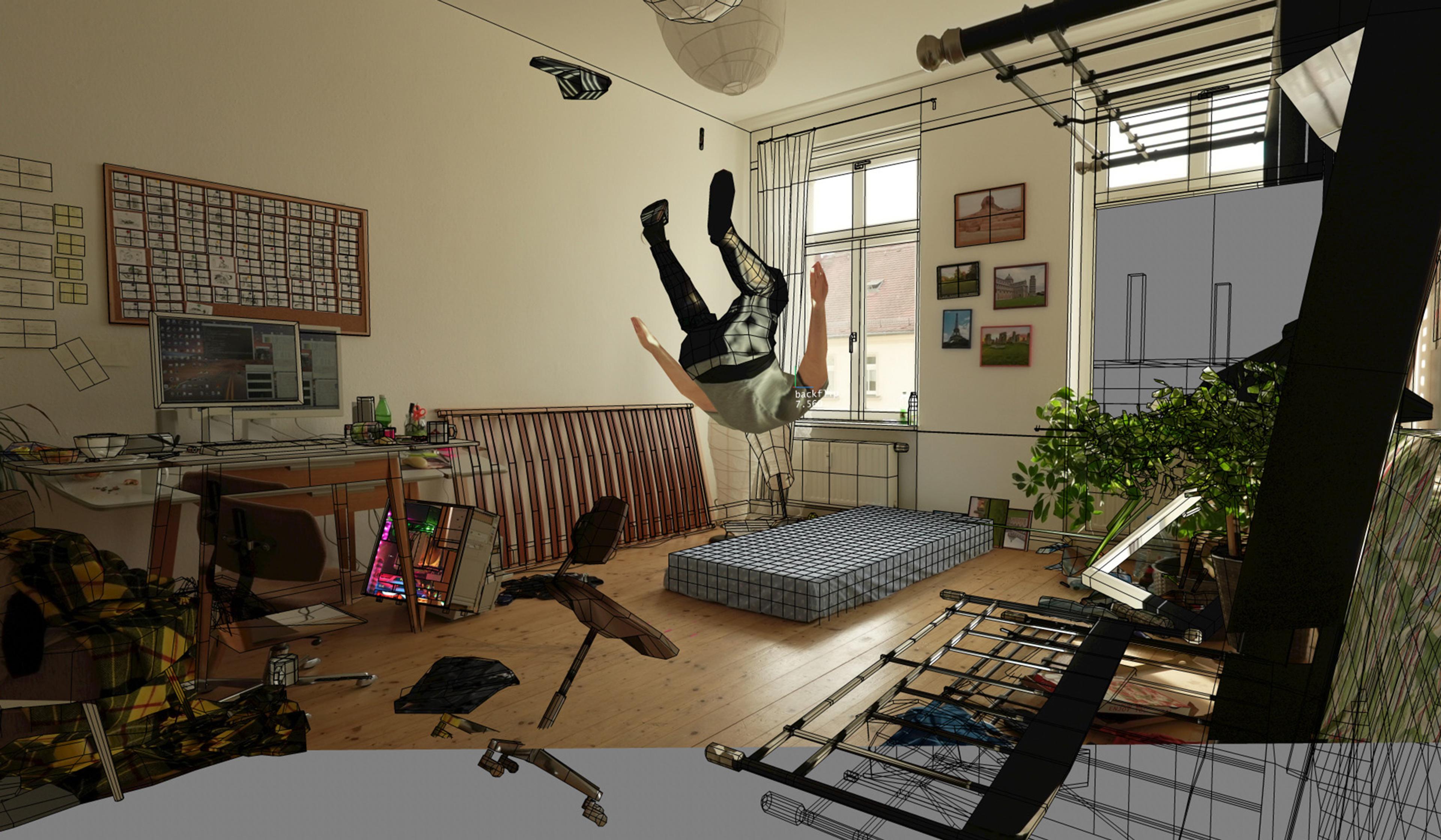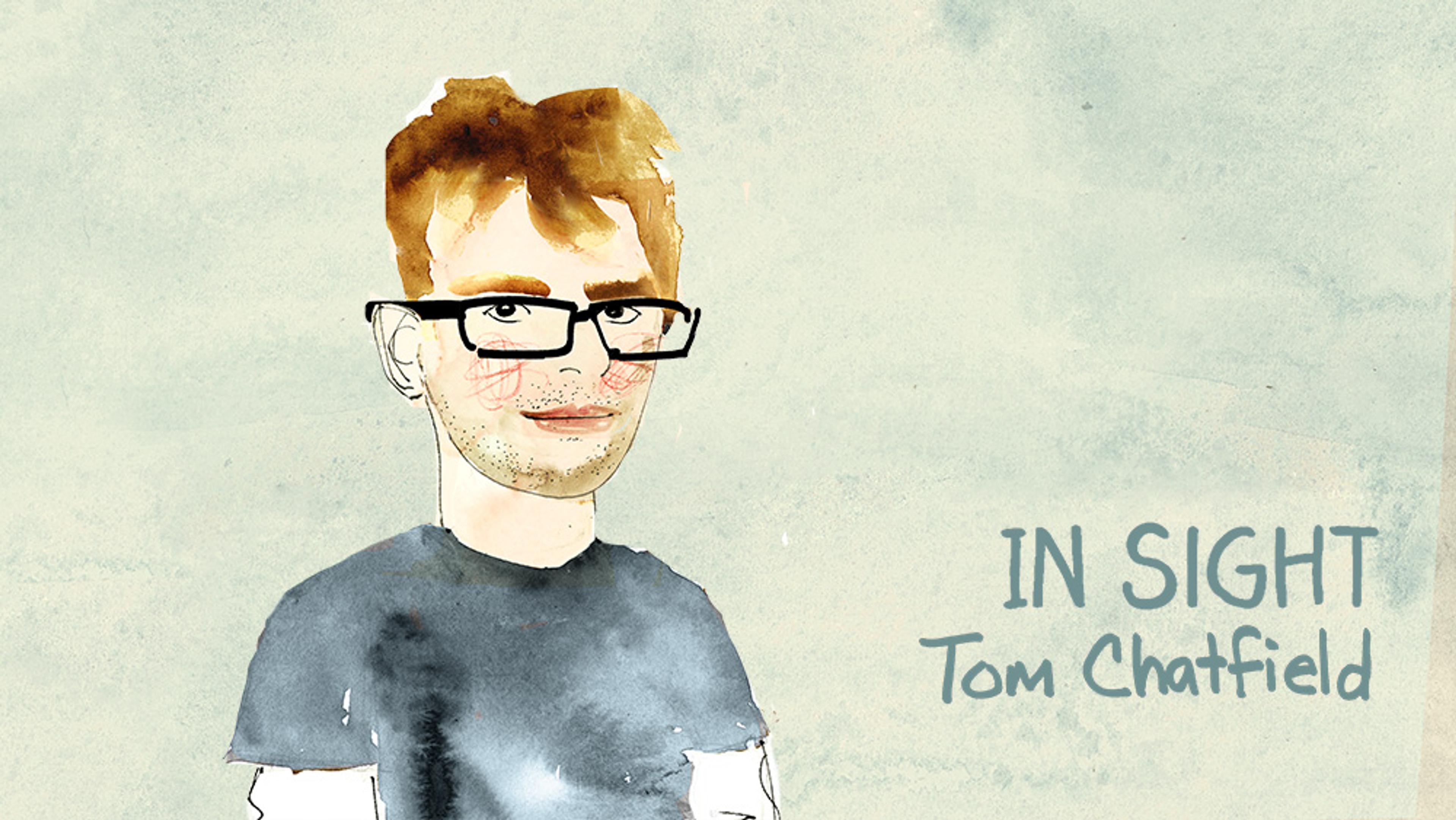In 2013, researchers at the artificial intelligence research company DeepMind in London set out to create a system of AI networks that could master any Atari game. And they had excellent results, with their system outperforming skilled humans at exponential rates. However, one game with some novel gameplay characteristics, Montezuma’s Revenge (1984), left the system totally stumped, unable to score a single point. This delightfully retro animation explores how the DeepMind team was finally able to conquer the game by borrowing concepts from human psychology. Further, the video explores the ways in which AI development remains a deeply human enterprise that demands our creative guidance, even as AIs increasingly outperform us at certain tasks.
Teaching an AI to beat video games still takes human imagination

videoComputing and artificial intelligence
Why artificial neural networks have a long way to go before they can ‘see’ like us
19 minutes

videoFuture of technology
Artificial ‘creativity’ is unstoppable. Grappling with its ethics is up to us
23 minutes

videoComputing and artificial intelligence
Struggling to learn how to do a backflip, Nikita takes on an unusual training regimen
12 minutes

videoComputing and artificial intelligence
Who, exactly, authored this AI-generated spin on Alfred Hitchcock’s Vertigo?
5 minutes

videoTechnology and the self
Why we should worry less about ‘sentient’ AIs and more about what we’re teaching them
16 minutes

videoHistory of science
A chess-playing machine hoax that beat the best and helped inspire the computer
10 minutes

videoAutomation and robotics
If we are what we do, how can we stay human in an era of automation?
7 minutes

videoArt
What does an AI make of what it sees in a contemporary art museum?
15 minutes

videoComputing and artificial intelligence
A scientist’s poor eyesight helped fuel a revolution in computer ‘vision’
9 minutes